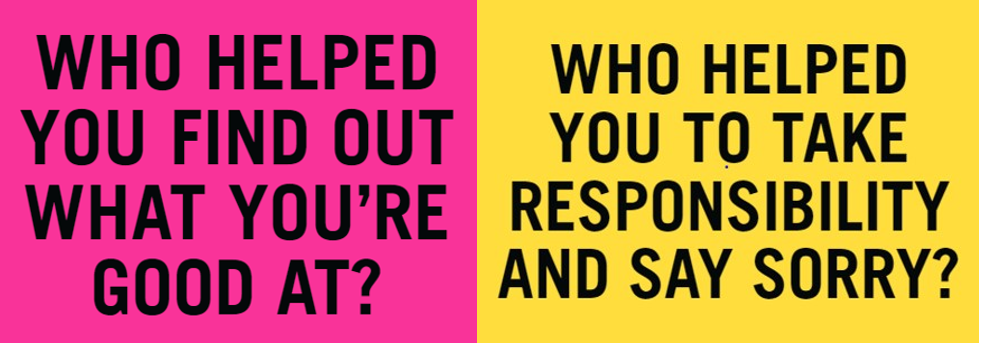GROWING UP IS RISKY BUSINESS.
If, during this critical period of transition, children and young people do not have the right foundations and support, they can become caught up in worsening cycles of harmful behaviour – becoming exploited or exploiting others, and causing serious, sometimes devastating damage, to themselves or others. Lives are lost to criminal and sexual exploitation, modern day slavery, and the criminal justice system.
Tragically, thousands of children and young people in the UK are growing up vulnerable in such circumstances. Some are causing serious harm and violence, some are victims of serious harm and violence, and many are both. Most are boys and half in custody are Black or Brown children. An increasing number of girls are involved in criminal exploitation, and many are victims of criminal sexual exploitation. Offending behaviours often mask underlying vulnerabilities, from early childhood trauma and school exclusion to poor health and growing up in poverty or care.

Current responses to children who are caught in, or at risk of, the destructive cycle of crime and associated harms, often don’t give children and families the support they need to move to a place of safety and strength. Worse still, some of the interventions made by professionals, from police to schools, youth justice to social care, can lead to things getting worse rather than better - exacerbating crisis, compounding disadvantage, and deepening harmful cycles.
While more children in conflict with the law are being diverted from custody, outcomes for children who are imprisoned (who are disproportionately Black and Brown children) remain poor - over two-thirds reoffend within 12 months of release.
And, too often, children in the community experience the police, education, healthcare, youth justice and social care as short-term, disconnected and deficit-driven interventions, delivered by institutions that work in silo and incentivise practitioners to tackle presenting issues at pace and with a focus on process and procedure rather than relationships and outcomes.
Children report feeling so 'done to' rather than with, discriminated against because of their identities and personal biographies, and traumatised by having to repeat their stories time and time again to different professionals who come in and out of their lives and in whom they have little trust. Despite evident need, artificial thresholds mean that some children and families must wait until crisis point is reached before they can access support. Turning 18 is often a stark cliff edge.
It doesn’t need to be like this. SHiFT is determined to change things - for the children we work with and for the systems that currently work with them.